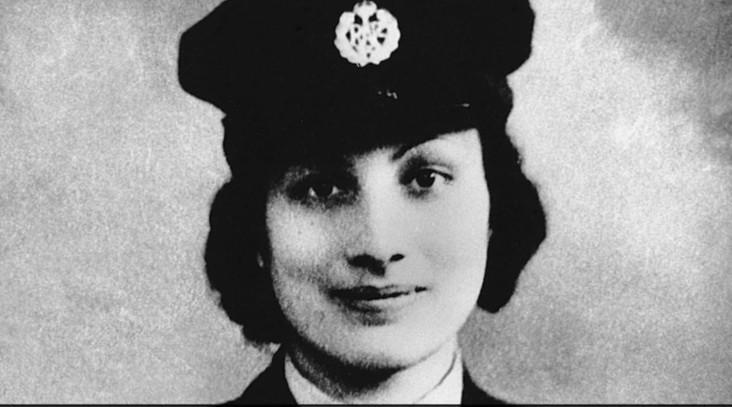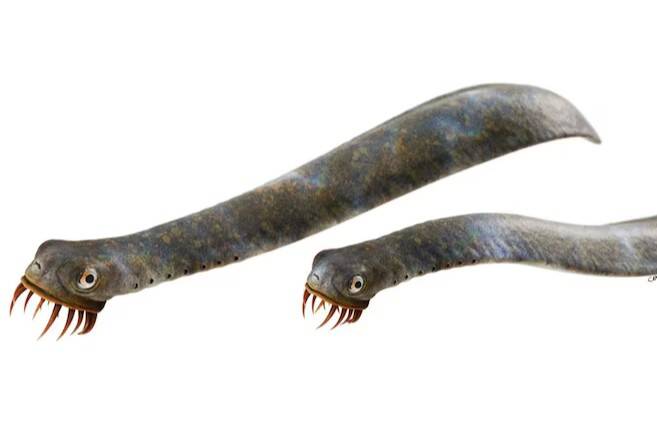
France honours British Indian spy & Tipu Sultan’s descendant Noor
In a remarkable tribute, France has honoured Noor Inayat Khan, a descendant of the legendary Tipu Sultan and a World War II undercover British agent, with a commemorative postage stamp. This makes Noor the only Indian-origin woman to receive such a distinction. The stamp is a testament to Noor’s bravery and selflessness, which ultimately led to her tragic execution at the Dachau concentration camp in 1944.
Noor Inayat Khan was born in Moscow in 1914 to an Indian father and an American mother. Her father, Inayat Khan, was a musician and a Sufi teacher who was a direct descendant of Tipu Sultan, the 18th-century ruler of Mysore. Noor’s family moved to London when she was a child, and she grew up in a culturally rich and diverse environment. She was educated at the Sorbonne in Paris and later moved to London, where she joined the Women’s Auxiliary Air Force (WAAF) during World War II.
Noor’s language skills, particularly in French, made her an ideal candidate for undercover work. She was recruited by the Special Operations Executive (SOE), a secret British organization that conducted espionage and sabotage operations behind enemy lines. Noor was trained in wireless telegraphy and was sent to France in 1943 to work as a radio operator for the SOE. Her codename was “Madeleine,” and she worked tirelessly to transmit vital information back to London, often under the nose of the German authorities.
Noor’s bravery and cunning allowed her to evade capture for several months, but she was eventually arrested by the Gestapo in 1943. Despite being subjected to intense interrogation and torture, Noor refused to divulge any information about her fellow agents or the SOE’s operations. Her courage and resilience in the face of overwhelming adversity are a testament to her character and her commitment to the cause.
Noor was executed at the Dachau concentration camp in 1944, at the age of 30. Her sacrifice was not in vain, however, as her work with the SOE played a significant role in the Allied victory. Noor was posthumously awarded the Croix de Guerre, France’s highest civilian honour, and the George Cross, Britain’s highest civilian honour for bravery.
The commemorative postage stamp issued by France is a fitting tribute to Noor’s memory and her contributions to the war effort. It is a recognition of her bravery, her selflessness, and her dedication to the cause of freedom and democracy. The stamp is also a reminder of the significant role that Indian-origin individuals played in World War II, often in secret and undercover operations.
Noor’s story is a powerful inspiration to people around the world, and her legacy continues to inspire new generations of women and men who are committed to fighting for justice and freedom. Her courage and resilience in the face of overwhelming adversity are a testament to the human spirit, and her sacrifice will never be forgotten.
In conclusion, the commemorative postage stamp issued by France in honour of Noor Inayat Khan is a well-deserved tribute to a true hero of World War II. Noor’s bravery, selflessness, and dedication to the cause of freedom and democracy are an inspiration to us all, and her legacy will continue to inspire future generations. We honour her memory and her contributions to the war effort, and we recognize the significant role that she played in shaping the course of history.






